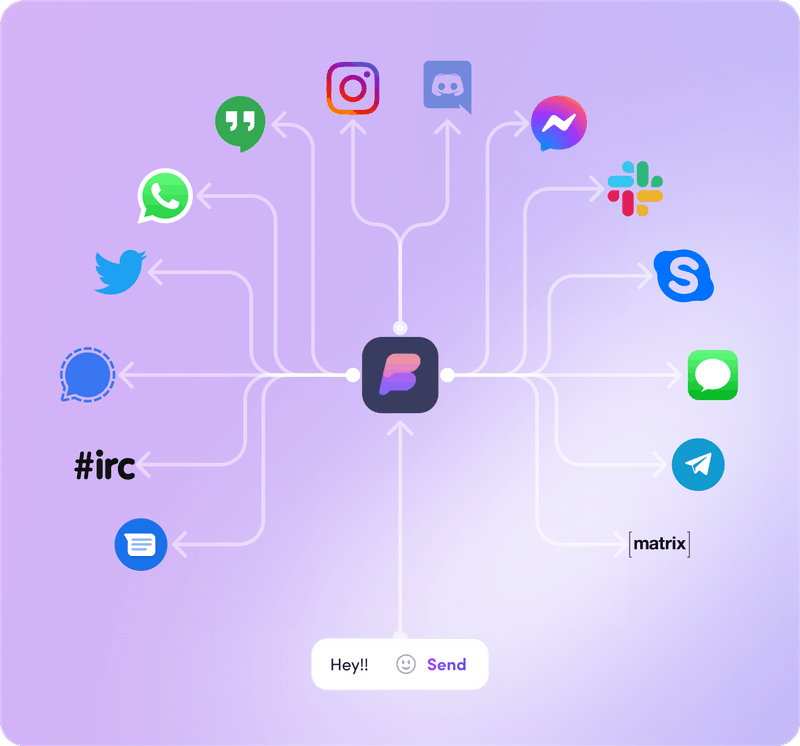
We live in incredible times with such possibilities that is clear. Although its easily dismissed while seeing the latest shiny AI device as simply a Android launcher, FUD pointing at Signal & Proton and AI bots dating other each other?
To quote Buckminster Fuller “You never change things by fighting the existing reality. To change something, build a new model that makes the existing model obsolete.“
You are seeing aspects of this with Meta sued under section 230, Microsoft providing passkey support for all its users and finally some agreement around Bluetooth tracking.
Is the C-suite at fault for the current tech problems?
Ian thinks: This new series by Zittron looking at how the tech industry is being run by people who have far less interest in the technology. Some call it the maturing of the sector but its clear from the Zittron this isn’t necessarily a good thing
We need a public service internet. no really!
Ian thinks This is not going to come as a surprise to many readers but iit really unites a number of the different initiatives. Futher adding fuel to the slowly burning fire.
GoFundMe is worst that you can imagine
Ian thinks: Most people have seen a range of crowdfunding profiles/sites/apps for tragic healthcare cases, Even I pointed at the lack of public healthcare systems but the podcast goes so much deeper, pointing out who gets funding, how and ultimately how Crowdfunding sites profit from the misery.
Not heard about Deadbots?
Ian thinks: Digital recreations of dead people or deadbots, is on the rise and this Guardian piece highlights the rise and problems with them. The idea of them haunting others could be a real big problem in the future.
Is Passkeys a dream too far?
Ian thinks: Reading this flags a lot of alerts, Microsoft, Google and many more have thrown weight behind it. I still use them but alongside other multifactor authentication.
Time to own your own home page?
Ian thinks: Reading about the return of the home page is a interesting read but I can’t help but remember Steven Pemberton’s presentation from a long time ago.
Use the artificial creativity
Ian thinks: I found Ruskoff’s monologue about Gen AI is quite balanced and reminds us all of the problem with the wider ecosystem. Gen AI will create generic stuff but won’t create the next generation of anything without human creativity.
A public bid to acquire TikTok?
Ian thinks: The Tiktok bans are popping up everywhere and I found this news quite unique. With a billionaire buying Tiktok for the public good? There is a lot more detail on project liberty..
Does Data Colonialism exist?
Ian thinks: One of the most thought-provoking talks in Re:Publica this year, I felt. When layed out in a new book data grab, the professors make a compelling case for how the only word to describe now is data colonialism.
Find the archive here




















